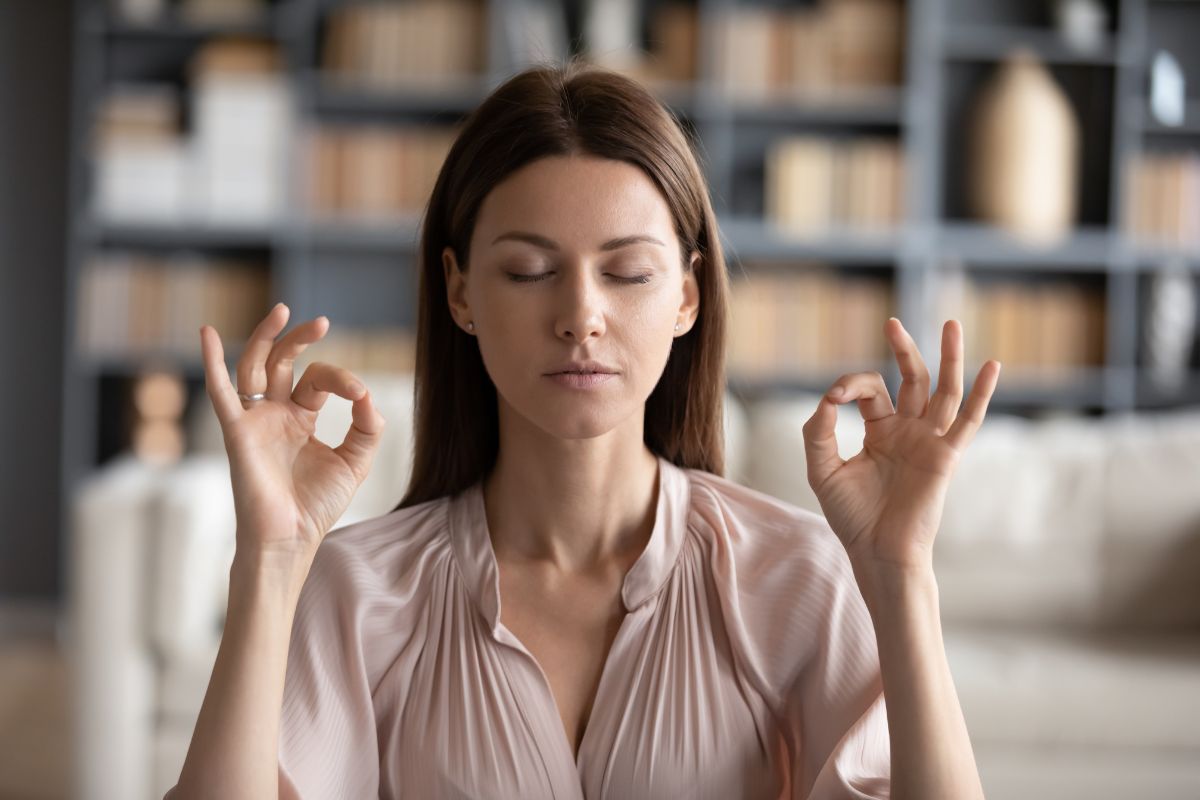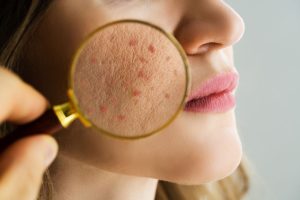With social media influencers advocating for 10-step skincare routines, it’s easy to overlook some of the things that impact skin health. Products such as moisturizers, cleansers, and serums are bound to make an appearance, but one thing that is commonly ignored is the mental state of an individual. Stress management for clear skin makes a world of difference.
The human body responds to stress on multiple levels, and one of the most noticeable effects stress can have on the body is on the skin. As the body’s largest organ, the skin is sensitive to all forms of stress. In this article, we will explain how stress management can boost your mental health and contribute to a clearer complexion.
Understanding the Stress-Skin Connection
Understanding the science behind the relationship between skin health and stress alleviation is crucial.
Your body releases stress hormones like cortisol and adrenaline in the event of experiencing any form of stress, usually stemming from work, relationships, or mindlessly scrolling through social media late at night.
These hormones prepare your body for emergency situations when your body needs to undergo a “fight-or-flight” response. Though these hormones are useful in emergencies, chronic stress keeps these hormones heightened, leading to various issues for your skin:
- Increased oil production from overactive sebaceous glands
- Inflammation, which worsens acne, eczema, and rosacea
- Weakened skin barrier, making skin prone to dehydration and irritation
- Slower healing, meaning breakouts or wounds take longer to resolve
The outcome? Breakouts, flare-ups, and increased skin dullness alongside premature aging. This is not limited to skin breakouts because stress can speed up the development of fine lines and dark circles from reduced blood flow and poor sleep, drastically.
Common Skin Conditions Triggered or Worsened by Stress
- Acne: Stress increases androgen hormones, which lead to oilier skin and clogged pores.
- Eczema (Atopic Dermatitis): Flare-ups become more frequent during emotional stress.
- Psoriasis: Stress can cause outbreaks of itchy, scaly patches.
- Rosacea: This condition, characterized by facial redness, is often exacerbated by emotional stress.
- Hives and Rashes: Stress-induced histamine release can cause skin reactions even without allergens.
Temporary breakouts, skin dullness, or sensitivity can happen to people with otherwise healthy skin due to stress.
Stress Management Techniques That Promote Clear Skin
You can’t eliminate stress entirely, but you can change your response to it—and in doing so, dramatically improve your skin’s appearance and overall health.
Here are practical, proven methods of managing stress that can lead to visible improvements in your skin.
Mindfulness Meditation and Breathwork
Mindfulness meditation has been linked to reduced cortisol levels. Just 10–15 minutes a day of focused breathing can:
- Reduce inflammation
- Improve sleep quality
- Lower anxiety
- Restore skin’s natural barrier function
Try this simple breathing technique:
Breathe in for 4 seconds → Hold for 4 seconds → Breathe out for 4 seconds → Hold for 4 seconds (Box Breathing). Repeat for 5 minutes.
Prioritise Quality Sleep
Sleep is the body’s time for repair and regeneration, and this includes your skin. During deep sleep, blood flow to the skin increases, collagen is rebuilt, and damage from UV exposure is repaired.
Tips for better sleep:
- Go to bed at the same time each night
- Avoid screens 1 hour before bed
- Keep your room cool and dark
- Avoid caffeine after 2 PM
Sleep-deprived skin often looks puffy, dull, and prone to breakouts.
Physical Activity That You Enjoy
Exercise reduces stress hormones and boosts endorphins—your body’s natural mood elevators. But it’s also great for your skin because:
- It increases blood circulation, delivering more oxygen and nutrients
- Helps regulate hormones
- Promotes lymphatic drainage (detoxification)
You don’t need intense workouts—yoga, dancing, brisk walking, or cycling can be just as effective.
Gut Health
To improve the skin, one must first take care of the skin-friendly gut. Alleviating stress and taking care of the gut can lead to inflammation being reduced, which is essential for brighter skin.
Recommended:
- Have more milk products like yogurt and fermented food like kimchi or sauerkraut.
- Drink more water.
- Increase your intake of fruits and vegetables and whole-grain foods.
- Consider taking a probiotic supplement.
Try to stay away from sugar and overly processed foods because they can increase the insulin levels, which increases oil production.
Try Journaling
Having a clear mind may help the skin more than any other lotion or skin care product.
Journaling helps resolve the emotions you feel while reducing anxiety and promoting clarity. Mental overload can be decreased by performing a “brain dump” for 5 minutes every morning or night.
Stress-relieving journal prompts:
- Am I overthinking anything today?
- What is something I can let go of?
- What is one thing I appreciate in my life?
Emotional balance results from fostering self-awareness, which, more often than not, is reflected on your skin.
Limit Your Digital Overload
Excessive screen time and “doomscrolling” are effects of digital overload that you might not have known increase stress and impact your skin.
Late exposure to blue light results in:
- Suppressed melatonin (sleep hormone)
- Triggered cortisol production
- Disrupted circadian rhythm
Solution: Digital breaks, blue light filters, and avoiding screens an hour before bed.
How to Care for Your Skin While Reducing Stress
Combining skin-loving habits with stress management enhances the results, which are essential for a stress-free complexion.
An Easier Step-by-Step Routine:
- Cleanser: Gentle, non-stripping
- Moisturiser: Enhances hydration, repairs skin barriers (contains ceramides and hyaluronic acid)
- Sunscreen: Daily in the morning (SPF 30+)
Optional: Rosewater or chamomile soothing face mist.
Massage and Touch Therapy
Facial massages improve the lymph flow and thaw stiffness around your jaw and forehead muscles. Try gua sha or even just your fingertips moving in slow upward motions; it’s relaxing.
Calming yourself every now and then has its perks:
Some of these include:
- Less breakouts
- Better hydration
- Brighter skin with even tone
- Less sensitivity
- Slower aging signs
Beyond all that, you’ll also experience an increase in energy, emotional equilibrium, and overall greater mental resilience.
Conclusion: Beauty That Begins Within
Stress is more than just a mental manifestation; for your skin, it’s a biochemical experience. Falling into the cycle of endlessly trying new skincare is tempting, but often the deeper change starts from within.
Achieving balanced skin entails stress management and entails patience, balance, and, most importantly, listening to one’s body. When paired with rest, strong gut health, and clearer mentals, skin can truly thrive.
Remember, your skin is not entirely separated from your emotions. Where there is kindness towards the mind system, the skin will respond in an inviting manner.











